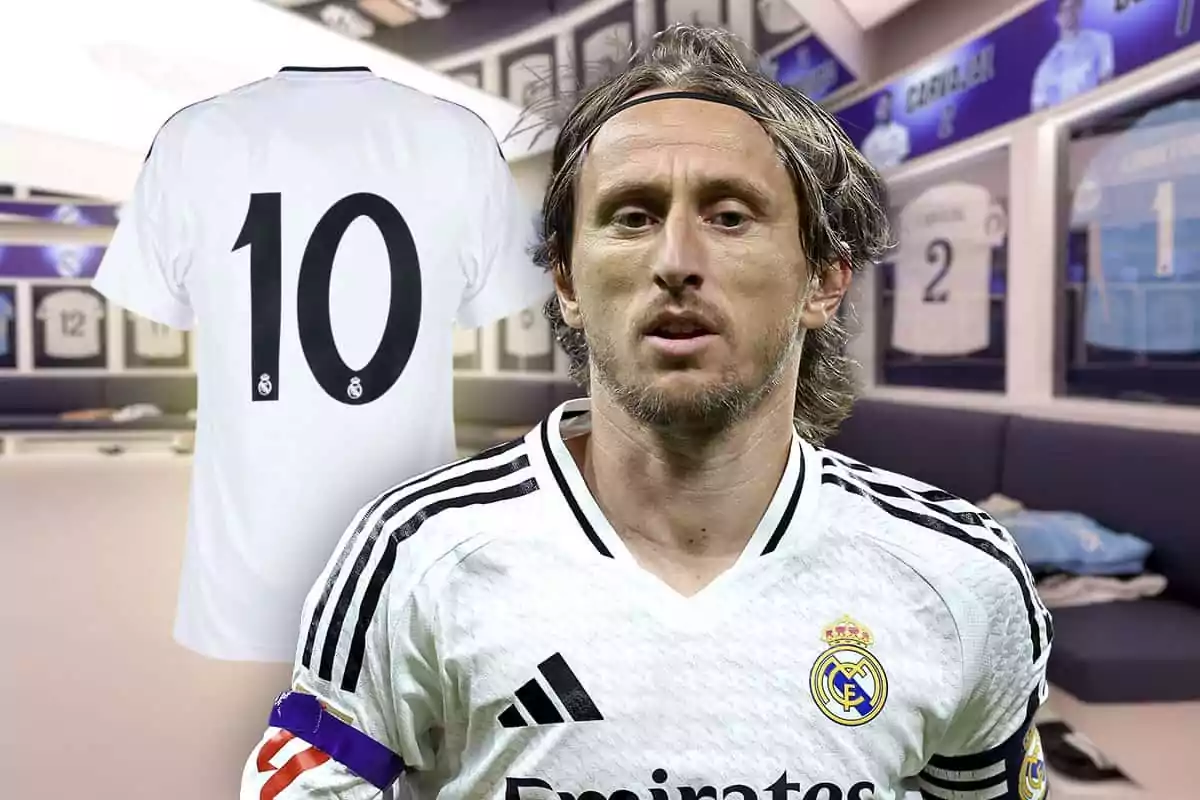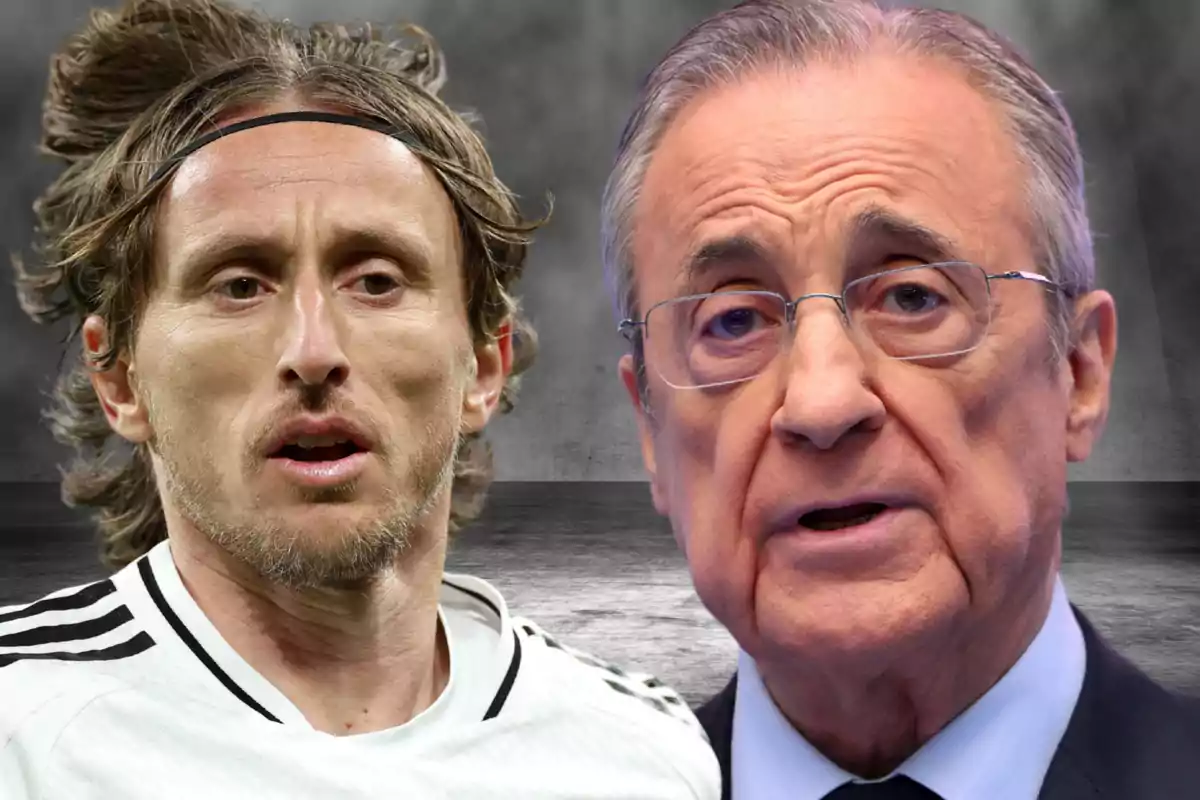Luka Modric is now one of Real Madrid's great icons; his vision of the game and technical quality are unquestionable. However, his arrival at the white club was far from easy. In 2012, when Madrid was looking to strengthen its midfield, Daniel Levy, Tottenham's president, became an almost insurmountable obstacle.
The Croatian had excelled in London, and Levy was reluctant to let him leave. The executive used tough tactics, keeping the negotiation in a constant tug-of-war. Many thought Modric would never leave Spurs; even Madrid fans feared their dream of signing the Balkan would fade away.
However, the patience and determination of Florentino Pérez finally paid off. Modric arrived at Madrid and became a key piece of its midfield for more than a decade.

Daniel Levy, a titan of the Premier
The news of his departure from Tottenham surprises many. Levy says goodbye after almost 25 years at the helm of the London club, becoming the president with the most years of service in the Premier League. At 63, Levy leaves behind a controversial legacy.
On one hand, he managed to make Spurs a competitive club in Europe; on the other, his management sparked frequent protests from fans. Many criticized his always calculated transfer policy and the club's inability to win major titles. He was an executive who knew what he wanted, but who often clashed with the patience of both players and fans alike.
More than a rival, mutual respect
Although his reputation as "Florentino Pérez's enemy" is well known, the relationship between the two executives always had nuances. The negotiation for Modric and, later, for Gareth Bale, showed that Levy could be a very tough rival. His decisions made the difference in multi-million transfers and put Madrid in critical moments.
Despite the tensions, there was always mutual respect. Florentino understood that negotiating with Levy required strategy and patience. Meanwhile, Levy knew he was dealing with one of the most influential presidents in world soccer.
The future of Tottenham
Last Thursday, the London club officially announced Levy's resignation and the arrival of Peter Charrington as non-executive president. In addition, Thomas Frank will be the new coach, a sign that Tottenham wants to renew its sporting ambition.
The change in leadership marks the end of an era. For some, Levy was the barrier in signings; for others, a brilliant manager who led Tottenham to compete with the greats.

